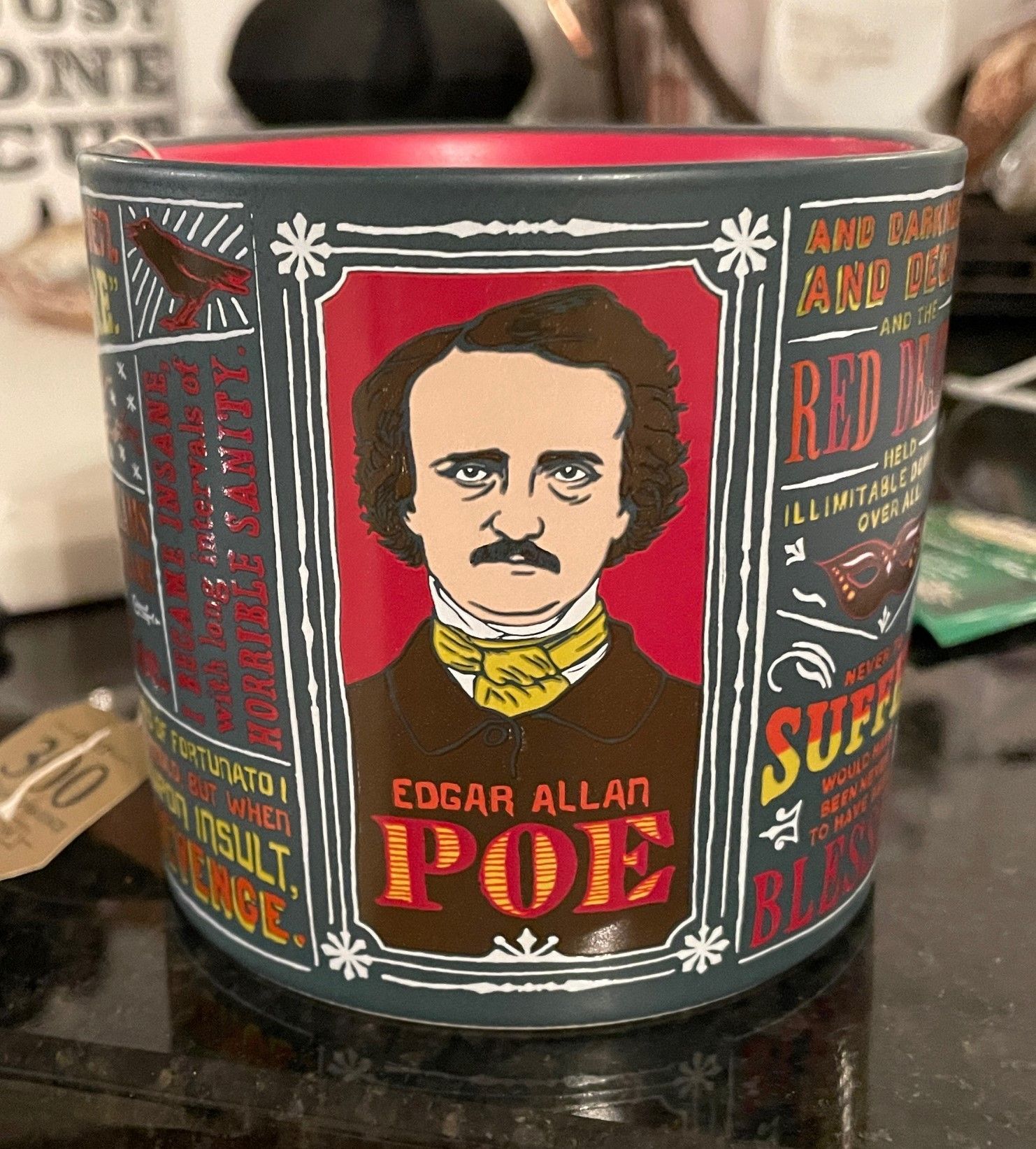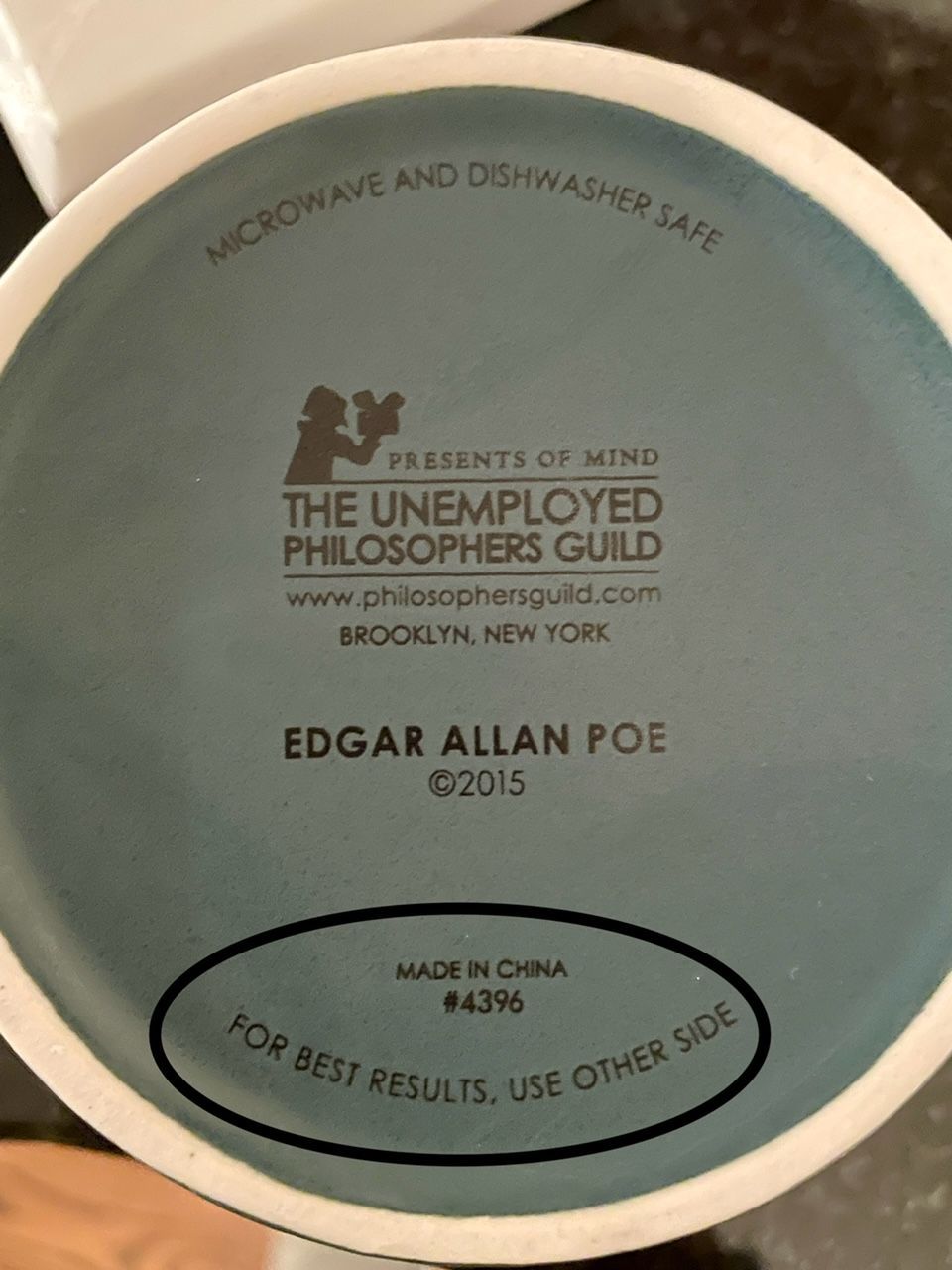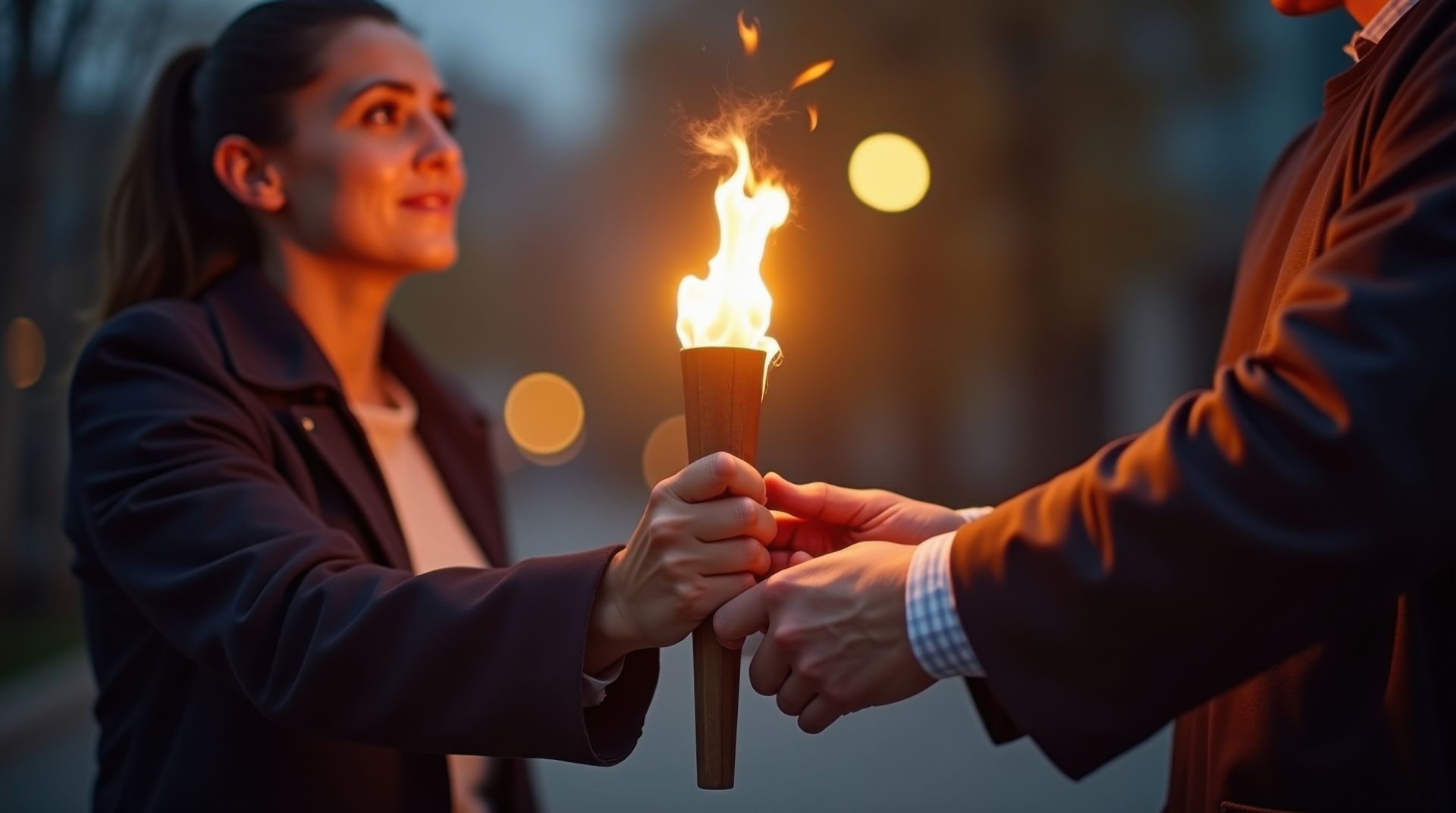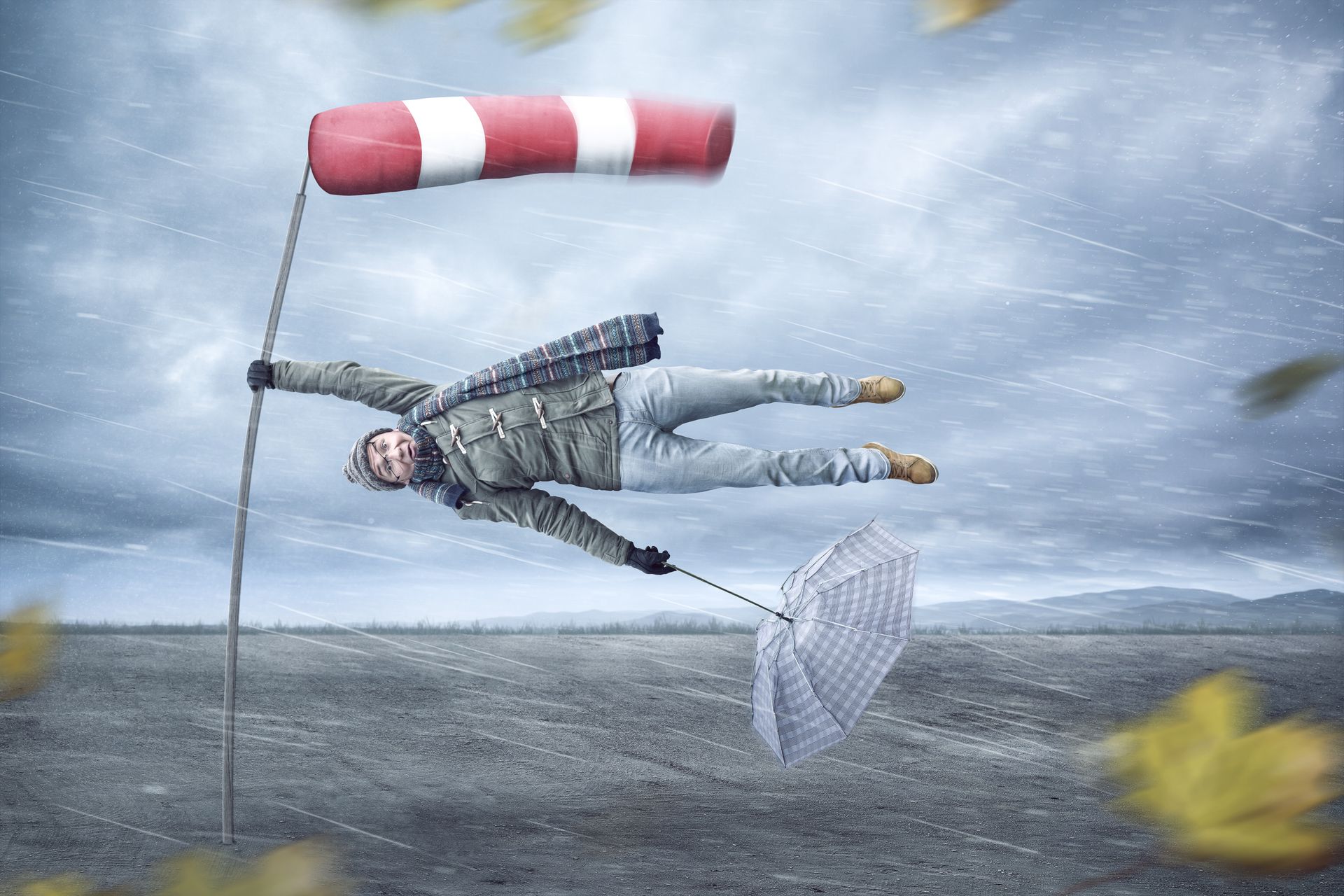This weekend my brain decided I wanted a cup of tea—hot tea with cream and sugar (or, in my case, International Delight Sweet Cream coffee creamer which easily takes the place of both). For me, the first step is putting the kettle on the stove (Mickey Mouse themed that sounds like a train whistle when the water’s boiling) and then going to the mug cabinet to select the one that best reflects my mood for the day.
On that particular evening, I settled on my Edgar Allan Poe mug, a present from one set of my children on some gift-giving occasion. Or maybe it was a souvenir from one of their trips . . . For whatever reason, it came into my possession and was gleefully added to my ever-expanding collection. Someday I’m fairly certain I’m going to open that cabinet door and die in the avalanche or, at the very least, suffer a major concussion.
Since I normally take my time drinking my tea, I wanted to be certain said mug was microwaveable. Cold tea does not appeal to me (I’m probably one of the few native-born Southerners who does not appreciate a glass of ice-cold sweet tea . . . but I will appreciate not being chastised over my disdain.) Sure ‘nough, my mug passed the reheat test, but as I was reading all the fine print, I noticed something most unusual. Something that made me smile. Written in tiny little letters, following the curve of the mug’s base were the words:
“For best results, use other side.”
Somewhere, someone decided it would be a good idea to add those words to the bottom of that mug. Did they really think they were necessary to ensure the cup’s proper usage? I certainly hope not. Did they realize most mug users would never see their thoughtful message? Probably. So, why bother? Why put seemingly unnecessary wording in a place very few people would ever see?
How ‘bout just to give someone a reason to smile, no matter how brief?
It’s the equivalent of buying coffee for the person behind you. Or secretly paying for someone’s meal as you’re leaving. It’s the guy who printed the lettering for the directional sign to Three Forks, Tennessee and added, in MUCH smaller letters at the bottom “And a Spoon”. It’s the person who holds the door or stops to let someone turn in front of them, or just smiles at the people they pass on the street. There are a million things we can do, many of which cost us absolutely nothing other than a little time and effort, to lift a burden we had no idea someone was carrying. That burden may be financial. It may be family dysfunction. It may be grief over a recent loss . . . or one from years ago. Most people don’t paint their struggles across their foreheads, preferring privacy to public knowledge. But that doesn’t make their struggles any less real. It’s a pretty safe bet almost everyone you meet has something with which they are struggling, and although you may never know the appreciation with which your good deeds are received, that doesn’t lessen their impact.
I'm pretty sure the person who thought putting “For best results, use other side” on the bottom of my Edgar Allan Poe mug had no idea they would inspire me that day. But isn’t that the whole idea of good deeds done in secret? We get to have the warm, fuzzy feeling that someone, somewhere, benefited from our actions. And that person or persons will know—and will remember—that some stranger cared enough to make their day just a little bit brighter.














